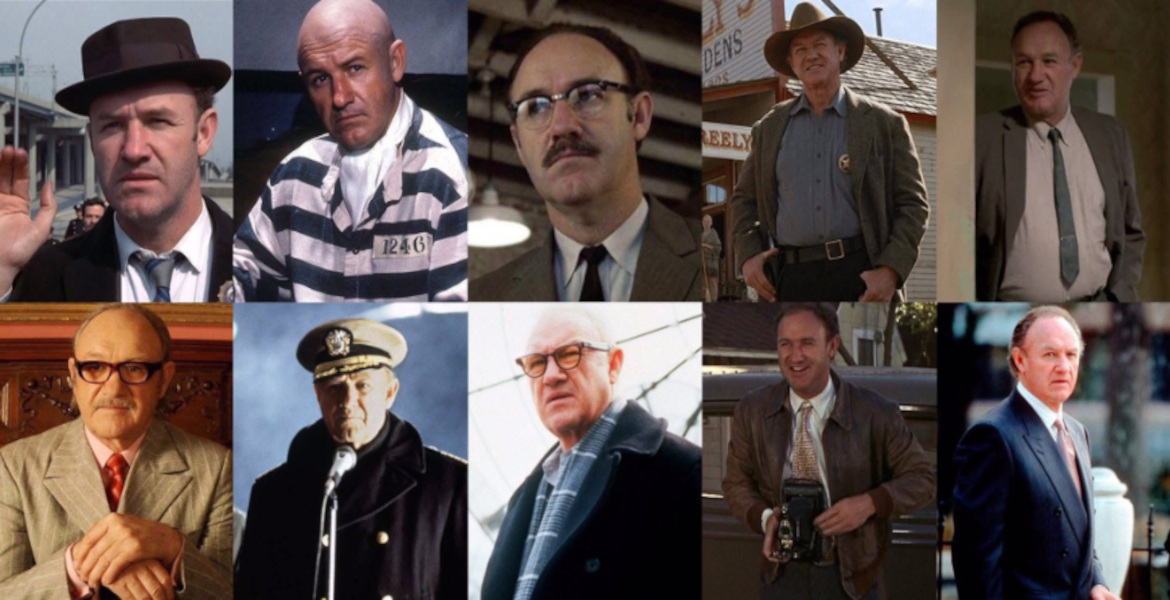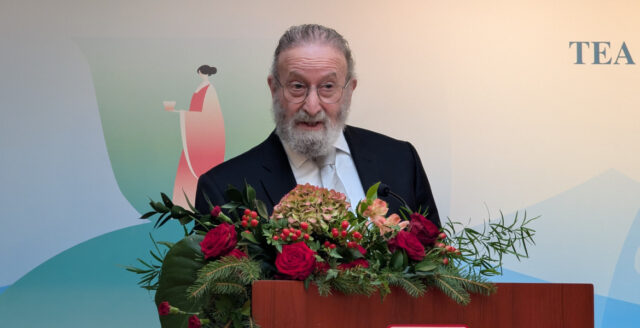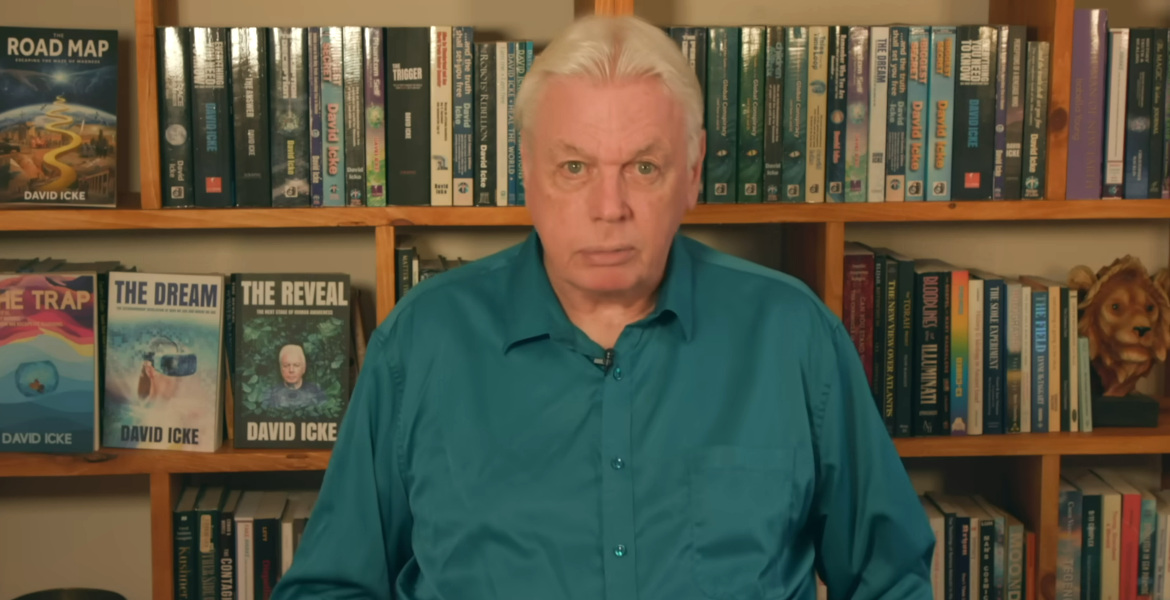Character actor and movie legend Gene Hackman has died at the age of 95. With a career spanning five decades, Hackman leaves behind a cinematic masterpiece – from broken anti-heroes to charismatic villains.
Among other things, Hackman's presence on the silver screen helped change the way we as moviegoers view complex male roles.
Legendary actor Gene Hackman and his wife Betsy Arakawa (a fact that makes the cause of death somewhat unclear at this point), were found deceased yesterday Wednesday at their home in Santa Fe, New Mexico.
Back in the 1960s, Gene Hackman established himself as a powerful counterpoint to Hollywood's glamorous stars. His breakthrough performance as the nervous criminal Buck Barrow in Arthur Penn's gangster classic Bonnie and Clyde (1967) showed a new kind of realism – a man who not only played fear, but breathed it.
When he won an Oscar in 1972 for his role as the obsessed narcotics officer Jimmy "Popeye" Doyle in William Friedkin's crime drama French Connection, he cemented his place as one of the most versatile actors of the generation.
– He shattered expectations. Every scene became a masterpiece of presence, Friedkin said in a 2005 interview.
In the Clint Eastwood-directed The Unforgiven (1992), Hackman played a sadistic sheriff, a role that earned him his second Oscar. Hackman has often praised Clint Eastwood for giving him the role.
Gene Hackman has passed away at the age of 95.
Gene was one of the greatest actors of his, or anyone's generation. He was a powerhouse, as adept at comedy as he was drama. Today is a very sad day, we've lost a legend. Gene was a giant of cinema.
R.I.P Gene Hackman pic.twitter.com/iL19ky4not— The Sting (@TheStingisBack) February 27, 2025
Lex Luthor
Gene Hackman's interpretation of Lex Luthor, in Richard Donner's groundbreaking Superman The Movie (1978), and its sequel Superman II (1981), is one of the most memorable villainous roles in movie history. With a perfect balance of charm, eccentricity and manipulative evil, Hackman created a Luthor who was as entertaining as he was menacing.
His version of the iconic arch-enemy of Superman was that of a shamelessly egotistical criminal mastermind, driven by power and greed rather than physical violence, who saw himself as the true genius of the world.
Despite refusing to shave his head for the role (and instead wearing a wig in several scenes), Gene Hackman's Lex Luthor became an unforgettable part of the Superman mythology, a charismatic antagonist who proved that brains often trump brawn.
Awh Gene Hackman and his wife have been found dead , what a fabulous actor , we all know him best as lex Luther from superman , rip pic.twitter.com/21HAXrhZbh
— e grey ❤ (@em_lou_G) February 27, 2025
The Marines gave Hackman discipline
Before becoming an actor, Hackman served in the Marines for three years, an experience that gave him a discipline he later applied to his acting career
Early on, Hackman demonstrated remarkable versatility in his ability to portray everything from hard-boiled cops to comic roles and villains. His powerful screen presence made him one of Hollywood's most respected actors.
In 2004, Hackman retired from acting after a role in Welcome to Mooseport and then devoted himself to writing novels.
Gene Hackman's passing marks the end of an era in American cinema, but his legacy lives on through his impressive filmography and the countless other actors he inspired.
Some selected films and roles with Gene Hackman
- Bonnie and Clyde (1967) – Buck Barrow
- The French Connection (1971) – Jimmy "Popeye" Doyle (O)
- The Poseidon Adventure (1972) – Reverend Scott
- The Conversation (1974) – Harry Caul
- Superman The Movie (1978) – Lex Luthor
- Reds (1981) – Pete Van Wherry
- Superman II (1981) – Lex Luthor
- Hoosiers (1986) – Coach Norman Dale
- Mississippi Burning (1988) – Agent Anderson
- Unforgiven (1992) – Little Bill Daggett (O)
- The Firm (1993) – Avery Tolar
- Crimson Tide (1995) – Captain Ramsey
- An Enemy of the State (1998) – Brill
- The Royal Tenenbaums (2001) – Royal Tenenbaum
(O) = Oscar-winning role








